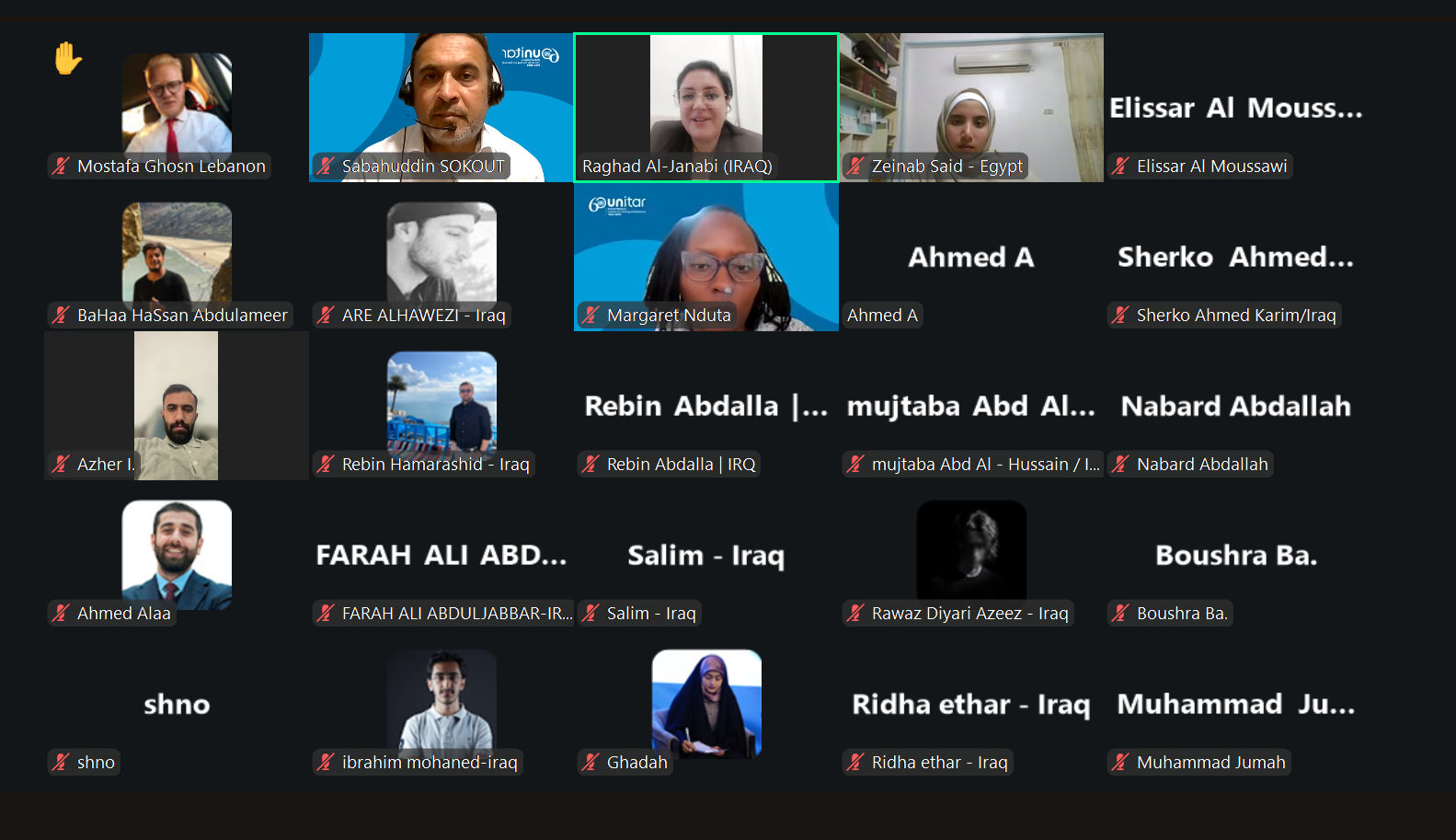
RISE LAB EIL 2025: Phase Two - 2nd Webinar Value Chain in Agribusiness
The purpose of this session is to help participants understand how value chain development (VCD) can strengthen agribusiness competitiveness and sustainability. It aims to show how each actor in the chain—from input suppliers to consumers—adds value, how to identify opportunities and constraints, and how inclusive value chain systems can create better livelihoods, market access, and resilience for smallholders and enterprises.
This presentation introduces the concept of Value Chain Development (VCD) in the context of agribusiness. It explains how value is created at every stage of agricultural production, from input supply to consumer delivery, and emphasizes the importance of linking smallholders, cooperatives, and enterprises to functioning markets.
Using real examples from Egypt, Iraq, and Lebanon, it explores how value chains can improve livelihoods, strengthen market systems, and promote sustainable, inclusive growth. The presentation also outlines practical methods such as value chain mapping, market system analysis, and identifying entry points for business interventions.
Ultimately, it highlights how moving from “production-centric” to “value-centric” thinking enables farmers, entrepreneurs, and policymakers to build competitive and resilient agribusiness ecosystems.
By the end of the session, participants will be able to:
- Define the concept of a value chain and explain how value is created across different stages of production and delivery.
- Identify key actors, relationships, and support functions within an agricultural value chain.
- Analyze value chain opportunities, constraints, and market system dynamics using mapping and assessment tools.
- Recognize the 5 principles of Value Chain Development (pro-poor impact, demand-driven design, sustainability, systemic development, and scaling up).
- Apply value chain thinking to identify business opportunities, improve linkages between farmers and markets, and enhance communication among chain members.
- Evaluate real-world agribusiness cases (e.g., Amul, Olam, HEIA, Mozare3) to understand best practices and challenges in developing resilient value chains.
Mainly this presentation talked about value chain in agribusiness contenxtualized in Middle East region.
Webinar, e-learning with facilities of interaction and experience sharing.
Participants from Egypt, Iraq and Lebanon.
The webinar was organized in English and Arabic as local language to make it easier for some of the participants to get some technical words in their own languages.

